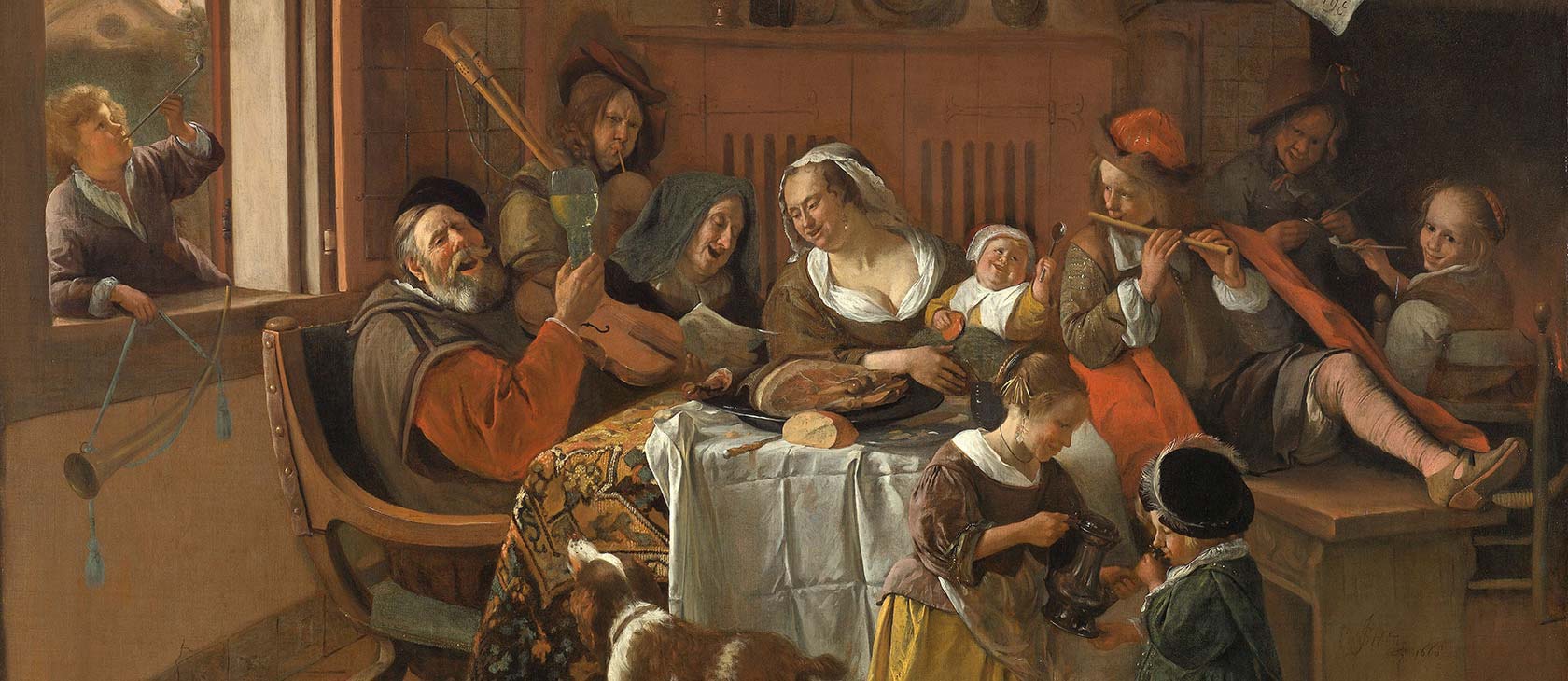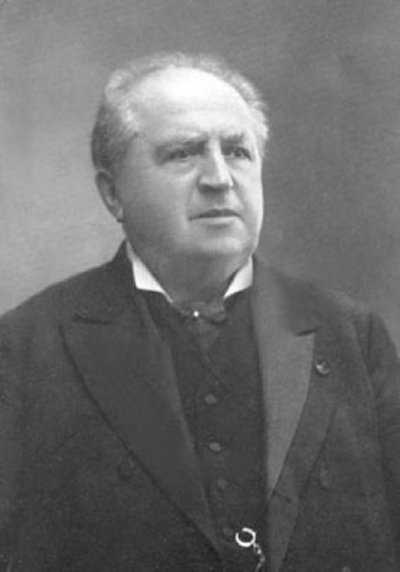When we discuss Christ’s kingship, we cannot pass directly from the family to the state. Between them lies what is usually called social life, and it has become very important especially in our days to give as clear as possible an account of what Jesus’ kingship means for society.
It cannot be denied that in the previous century, as well as in the present one, social issues have increasingly attracted the attention of many. In this context, the word “social” should not be misconstrued as referring exclusively to the relationship between labor and capital. Instead we must insist that this relationship is just one of the many strands in the rich cord that holds social life together, and that the concept “social” includes everything, whatever it is called or looks like, that goes beyond the borders of the family, is not bound within the stays of the state, and still forms an integral part of the life of the world. Family, society, and state are indeed three independent factors in human life, to which is added the church as a fourth and extra factor. The first three are of creation, and to them the church was added as a fourth factor arising from the domain of grace, because of sin.
human life begins with the family, and finds in it its first original organization
If we restrict ourselves here to what arises inevitably as a necessary part of our human life by virtue of creation -- regardless of the presence or absence of sin -- human life begins with the family, and finds in it its first original organization. Then it aims at a permanent, comprehensive organization in the kingdom or state, by virtue of the power of the law. But then between the family and the state lies the social organization of our human life, which we may simply refer to as the life of the world. This final factor of social life tends in general to be the last of the three to develop fully.
The family is always there in and of itself, and usually, where multiple families live together, a certain form of governmental authority soon develops in a patriarchal, despotic, or more open fashion. But the organization of social life, which is wedged between them, has on the whole been very slow to develop. A variety of reasons contributed to society’s incredible growth especially in the 19th century, and this in turn helps to explain why there is currently a growing interest in nearly every question that pertains to the development of society and social life.
It cannot be denied that as these social issues came to occupy center stage, both family and state were put under pressure. Society now wants to lay down the law for the family and state as well. It ultimately wants to conquer all of human life and subject it to itself. The call for liberty and freedom is starting to mean more and more that neither the bond of the family nor the bond of the state ought to hinder the world in any way in its entirely open social development.
Anarchy is the goal toward which this overpowering development of social life is heading. All bonds must be broken. People should be allowed to live according to the dictates of their nature. And this free natural life is to celebrate its triumphs in the uninhibited development of our lives -- not in the family, nor in the state, but in society. If you eliminate the family and the state, so it is said, society will organize itself, and only in that free and independent social organization of human life will humanity be able to develop in such a way as to obtain the greatest happiness.
We hear this cry especially among the nihilists, anarchists, and socialists, but it can actually be heard throughout the modern world. The result is that family and state are being threatened in their existence more and more. That is why it is so important for us also as Christians to give a clear account of the limits within which social life is to remain. We too must work to promote and facilitate the development and organization of society, but we may never allow its aspirations to infringe on the family or to undermine the authority of the state. Accordingly, it goes without saying that we cannot be content to highlight merely the importance of Christ’s kingship for the family and the state, but must also inquire into what the significance of his kingship ought to be for social life.
Only when we recognize and honor the fact that Christ’s kingly dominion extends also over society can we stand strong in it.
Christ’s kingship extends over all things, extends to every part of human life, also in society. Only when we recognize and honor the fact that Christ’s kingly dominion extends also over society can we stand strong in it. It goes without saying that this is the most difficult part of our service to our King. Our service to Jesus as our King is much easier in church and family, and even in the state. There we find paths that have already been trodden, and we can follow them with calm and steady feet. In fact, we may even feel that we are at home on all three of these terrains. But in society we live in the midst of opposition, and have to stand on our own two feet, while people raise innumerable hindrances and dig all kinds of pitfalls for us. This makes it altogether understandable that so many prefer to shun the world and hazard onto that slippery terrain as little as possible.
But for the greatest majority of people it is impossible to do so. Their position in life, their work, or their office constantly demands of them that they engage the world. As a rule, we are called to participate in all of society, and this is why it is simply imperative for us to believe that Christ’s kingly dominion extends to society as well. Only those who enter society with their King can personally overcome the world in his power.
This essay (originally published in book form in 1912) is adapted from the opening chapter of volume 3 of Pro Rege, a trilogy in the Abraham Kuyper Collected Works in Public Theology.




